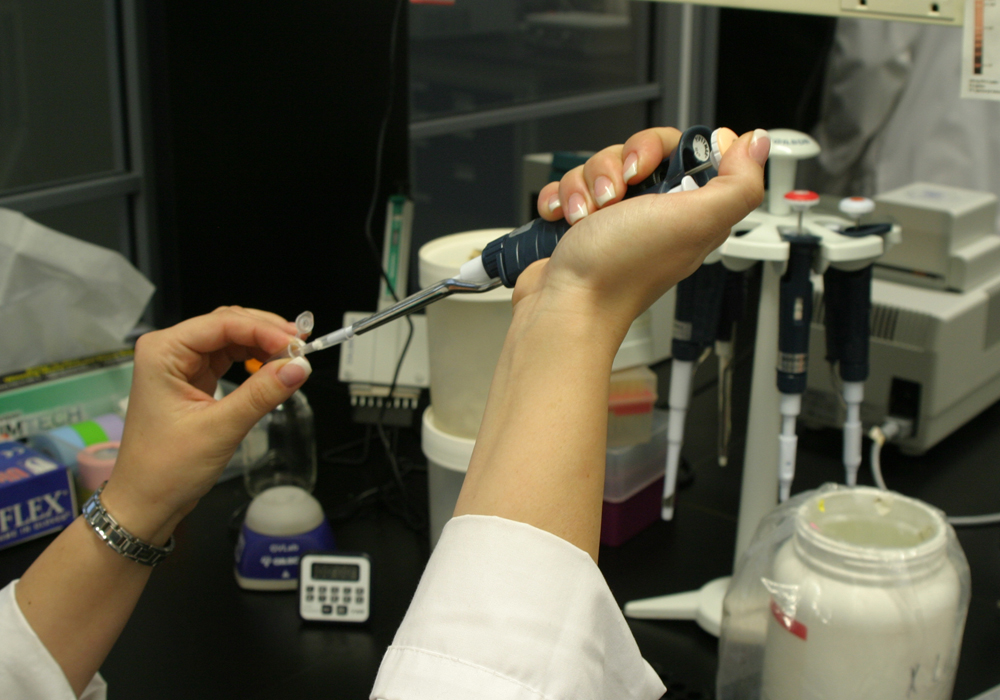SAN ANTONIO, Texas — There is an important aspect of the U.S.-China trade deal that has received little fanfare, say industry leaders.
Bill Gordon, president of the American Soybean Association, is more excited about China’s commitment to streamline its biotech approval process than he is about its promise to buy billions of dollars of additional U.S. agricultural products.
After years of intense lobbying from farm groups and seed development companies, China has finally agreed to vastly decrease wait times for companies seeking approval for new traits.
Read Also

Gene editing digs deeper space in Canadian plant breeding
More Canadian research into crop variety development is incorporating gene editing, and one researcher notes that Canada’s regulatory approach to gene editing will help drive innovation
The agreement states that China shall “significantly reduce, to no more than 24 months” the average time between the submission of an application for approval and the final decision for a product of agricultural biotechnology.
Gordon told reporters attending the 2020 Commodity Classic conference that is a monumental development and not just an empty promise.
“There’s teeth in there to hold them to that,” he said.
“That will be huge for agriculture and huge for U.S. soybean farmers.”
China had been taking up to 10 years to make a decision on new traits, causing huge delays in farmers being able to take advantage of the latest advances in seed technology.
Ian Affleck, vice-president of plant biotechnology with CropLife Canada, said like-minded exporters have long been lobbying China to makes its approval system more predictable and functional.
“We’re seeing that realized through the U.S.-China trade deal, so it is a major development,” he said.
Affleck said there appears to be a shift in attitude toward GM crops in China. For the first time, a collection of Chinese companies and universities is seeking approval from the government to cultivate two genetically modified corn crops and a GM soybean crop.
He anticipates the biotechnology-related clauses contained in the U.S.-China trade deal will benefit Canadian growers as much as U.S. farmers because traits are global in nature.
“Although this is a U.S.-China deal, all submissions to China should reap the rewards,” he said.
Two soybean traits and one canola trait have been stuck in the Chinese system for five to seven years, and up until recently, there were three canola traits languishing in the system. The Canola Council of Canada estimated the delayed release of those traits was costing canola farmers $400 million a year.
Affleck said that while many seed technology companies have shifted to using gene editing breeding techniques, there are still a number of GM crops in the breeding pipeline, so it isn’t too late for China to be transforming its approval process.
In addition, GM crops that are currently being grown around the world are subject to regulatory review every three to five years in China.
Jim Sutter, chief executive officer of the U.S. Soybean Export Council, is another industry executive who is pleased with China’s revamped system.
He said the new two-year timeline is a vast improvement over what had been a lengthy, frustrating, cumbersome and secretive process.
Sutter said the U.S. and other exporting nations had long been pushing for China’s approval process to be transparent, predictable and science-based.
“We think we got all three of those things we’ve been wanting and that should benefit soy producers and canola producers worldwide,” he said.
















